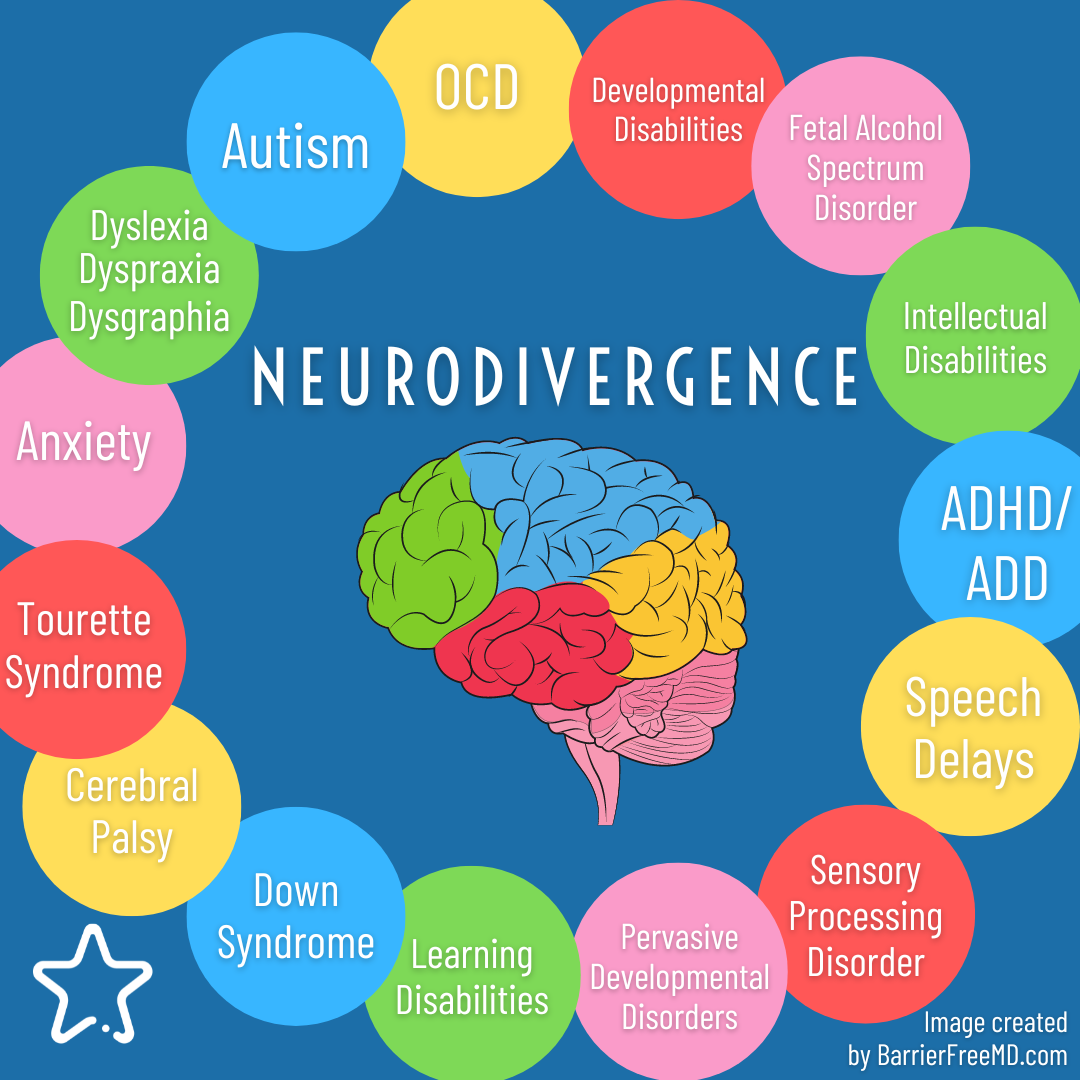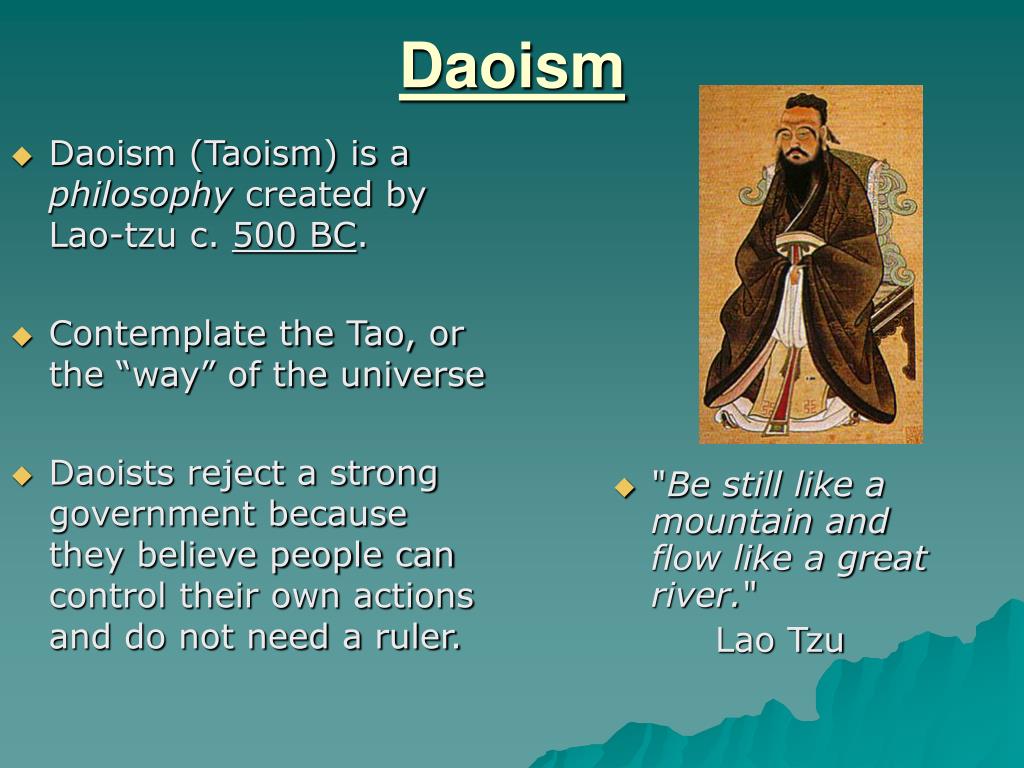The neurodiversity paradigm argues that each of us is different, not disordered. But at the same time, the neurodiversity movement sees many common difficulties as signs of disorders like ADHD and autism. This drive to diagnose normal human behaviour, writes Lucy Johnstone, is contradictory. It assumes a group of perfect neurotypical people, and promotes inclusion while putting people in boxes. We should ditch the “neuro” prefix and find other ways to value our diversity. The term ‘neurodiversity’ was coined in 1997 by Australian sociologist Judy Singer. In her words:‘As a word, “neurodiversity” describes the whole of humanity. But the neurodiversity movement is a political movement for people who want their human rights.’ For Singer, neurodiversity’ is not a medical or diagnostic term, but a way of accepting the undoubted fact that we all vary in the ways our brains work. As both she and the wider neurodiversity movement argue, it is…
Read the full article which is published on IAI TV (external link)







